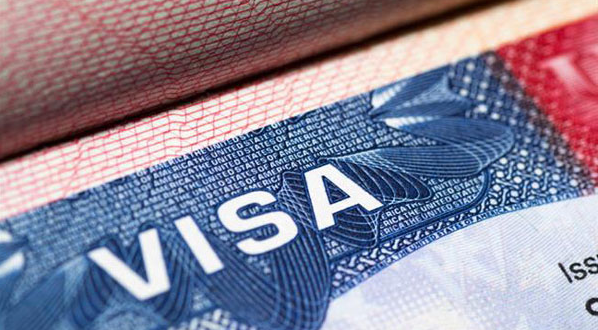In a significant policy adjustment aimed at regulating labor inflow during peak pilgrimage seasons, Saudi Arabia has temporarily halted the issuance of blockwork visa quotas for Nigerians and citizens of six other African nations.
Several countries have been impacted by the decision, including Egypt, Algeria, Sudan, Ethiopia, Tunisia, and Morocco.
In total, the suspension affects 14 nations, with others such as Indonesia, Iraq, Jordan, Yemen, India, Pakistan, and Bangladesh also impacted.
Blockwork visas are quota-based permits enabling Saudi employers to hire a specified number of foreign workers. Once granted, these quotas allow businesses to apply for work visas for designated candidates.
The Ministry of Human Resources and Social Development announced that the suspension applies to both new and pending temporary work visa applications.
This measure is part of the Kingdom’s broader efforts to strengthen regulatory oversight in immigration and employment and will remain effective until the end of June 2025, aligning with the conclusion of the Hajj season.
Although no official reason has been provided, the freeze aligns with increased Saudization efforts, which aim to boost the employment of Saudi nationals in sectors like tourism, with higher quotas planned for 2026 to 2028.
Under the new restrictions, employers will not receive additional block visa quotas for the affected African nations, and delays are anticipated in processing previously approved quotas, according to the ministry.
Applicants with pending work visas may experience denials or indefinite delays, while individuals holding valid work visas who have not yet entered Saudi Arabia could face entry restrictions.
A 2022 report from the Gulf Labour Markets, Migration, and Population Programme, published by the Gulf Research Centre, revealed that Saudi Arabia hosts a substantial number of African migrant workers, particularly in domestic and low-wage sectors.
Employment data by nationality showed that 10,657 Nigerians were employed by Saudi employers during the period. Egyptians represented one of the largest groups, with 837,134 individuals employed, followed by Sudan (354,988), Morocco (18,023), Ethiopia (16,719), Tunisia (12,311), and Algeria (2,001).
African migrant workers in Saudi Arabia often encounter significant challenges, including exploitation, abuse, and inadequate legal protections.
The Kingdom’s Kafala sponsorship system has been widely criticized for allowing employers to exert excessive control over workers, leaving many vulnerable to mistreatment.


